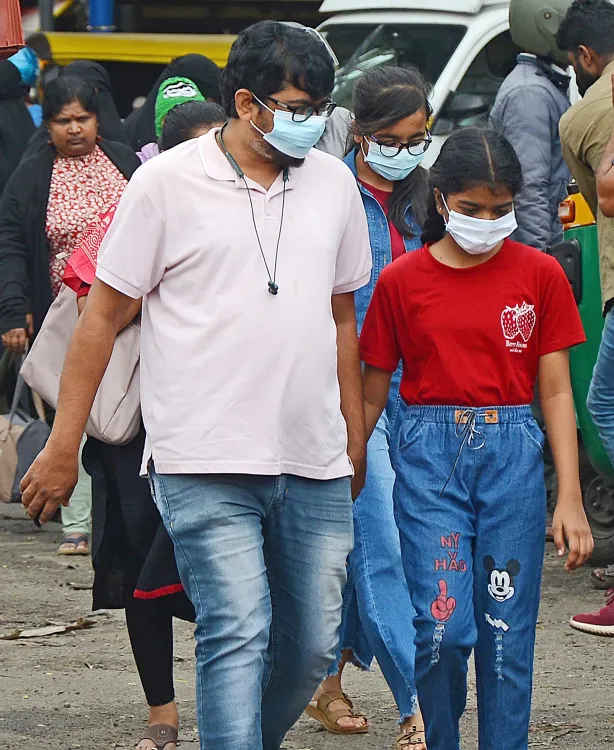Is Severe Covid Infection in Children Linked to Heart Disease Risks?

Synopsis
Key Takeaways
- Severe Covid infections can lead to heart health risks in children.
- Metabolic disruptions affect cholesterol and triglyceride processing.
- MIS-C can cause significant cardiac damage.
- Children may experience metabolic changes similar to adult Covid patients.
- Further research is needed on long-term effects of Covid-19 in children.
New Delhi, June 13 (NationPress) Although children are generally considered to be at a lower risk for serious Covid-19 effects on their lungs, a comprehensive global study reveals that those experiencing severe infections with the SARS-COV-2 virus face health risks that extend beyond the immediate viral effects, potentially impacting heart health.
Researchers from Harvard University (US) and Murdoch University (Australia) examined blood samples from 147 children diagnosed with various forms of Covid.
Their study uncovered significant metabolic disruptions that influence how the body manages fats (triglycerides and cholesterol), essential for maintaining a healthy heart.
According to lead researcher Professor Jeremy Nicholson, Director of The Australian National Phenome Centre, "This research challenges the prevailing notion that children remain largely unscathed by Covid-19, based on the relatively mild respiratory symptoms they exhibit.”
The research team utilized nuclear magnetic resonance spectroscopy and liquid chromatography-mass spectrometry to analyze 1,101 metabolites.
The study's findings, published in the Journal of Proteome Research, indicated that children with Covid and associated MIS-C (Multisystem Inflammatory Syndrome in Children) exhibited significant changes in blood metabolic patterns, including alterations in cardiovascular disease risk markers.
MIS-C affects various organ systems, potentially leading to severe cardiac damage, including changes to the myocardium and blood vessels.
Similar molecular signatures were identified between MIS-C and Covid in children, with MIS-C patients experiencing a more severe impact.
Professor Nicholson mentioned, "A small percentage of children develop a more severe immunologically driven form of the disease (MIS-C), which is linked to longer-term gastrointestinal complications and cardiovascular disease."
Despite the relatively mild respiratory symptoms, the metabolic disturbances in children mirrored those seen in critically ill adult Covid patients, indicating a shared inflammatory response to SARS-CoV-2 and suggesting potential long-term health implications.
“Further research is essential to understand the possible long-term effects of Covid-19 in children,” added Professor Julien Wist from the university.










